Apollo’s longer selection of the year’s most important museum acquisitions will be published in the December 2023 issue
Art Institute of Chicago
More than 1,440 Dutch Mannerist prints from the collection of Charles Hack
Purchased from the collector Charles Hack, this collection of 1,440 Dutch Mannerist prints works chart the history of Dutch printmaking from the 1530s to around 1650 – the period of its greatest technical sophistication and artistic innovation. At the heart of the acquisition is the work of Hendrick Goltzius (1588–1617) as well as prints by artists who either trained with him or were influenced by him such as Jacob Matham, Jacques de Gheyn, Jan Saenredam and Jan Muller.

Phaeton from The Four Disgraces (1588), Hendrick Goltzius. Art Institute of Chicago
J. Paul Getty Museum, Los Angeles and National Portrait Gallery, London
Portrait of Mai (c. 1776), Joshua Reynolds
Marking the first time a UK institution has acquired a work of art with an overseas partner, the National Portrait Gallery and the J. Paul Getty Museum have jointly purchased Joshua Reynolds’s Portrait of Mai (Omai) (c. 1756). Widely considered one of Reynolds’s greatest works, the painting depicts a Tahitian man who travelled to Britain with Captain Cook in 1774.
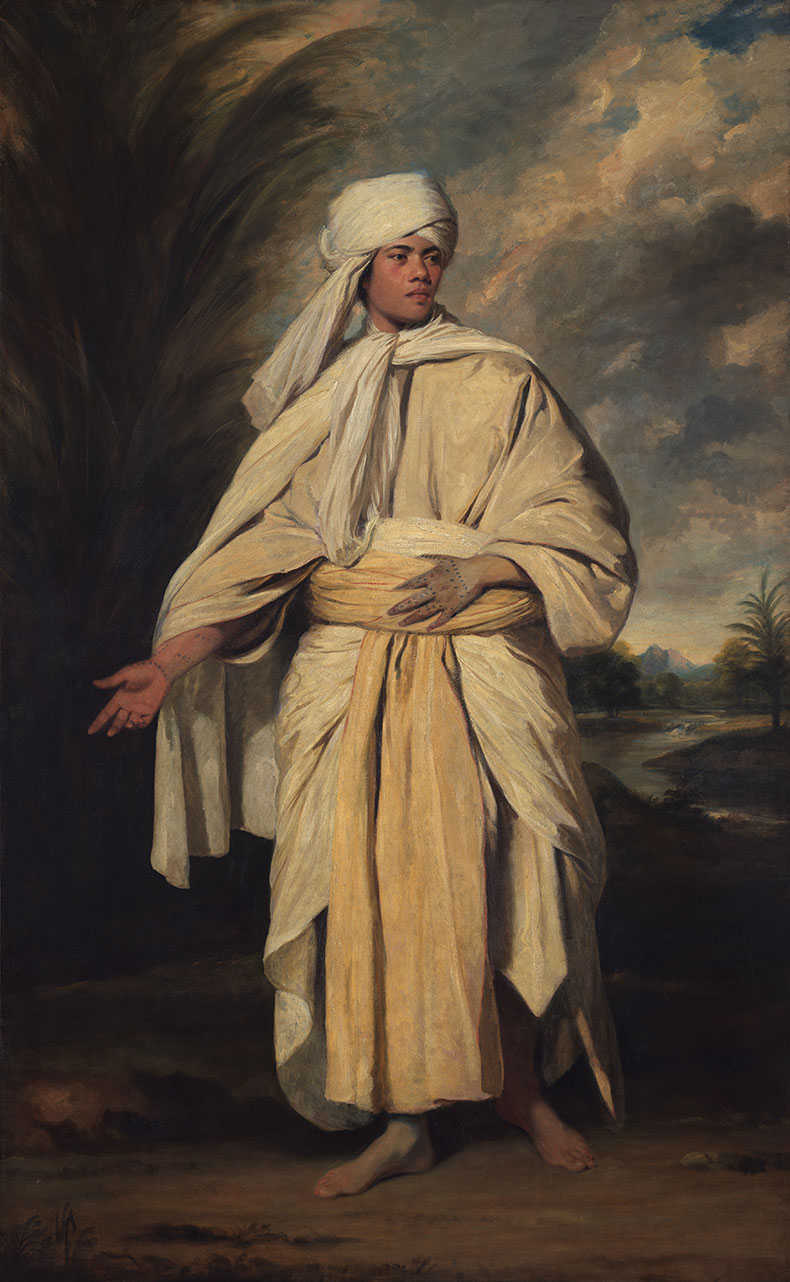
Portrait of Mai (Omai) (c. 1776), Joshua Reynolds. Courtesy National Portrait Gallery, London
Kimbell Art Museum, Fort Worth
Going to Market, Early Morning (c. 1773), Thomas Gainsborough
Considered one of Thomas Gainsborough’s most significant landscape paintings, Going to Market, Early Morning (c. 1773) not only captures the nuances of rural social life but also represents an important example of a new style of British landscape painting that Gainsborough invented – a style that channelled the influence of the Old Masters while representing contemporary social life.
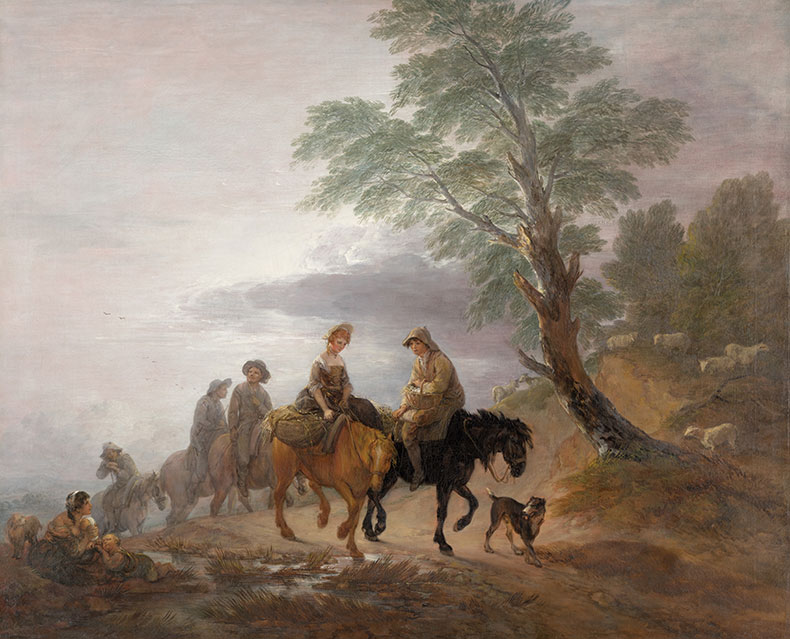
Going to Market, Early Morning (c. 1773), Thomas Gainsborough. Kimbell Art Museum, Fort Worth
Metropolitan Museum of Art, New York
Bélizaire and the Frey Children (c. 1837), attributed to Jacques Guillaume Lucien Amans
A rare depiction of an enslaved Black person with the family of his white enslaver, Bélizaire and the Frey Children (c. 1837) was commissioned from the French neoclassical painter Jacques Guillaume Lucien Amans by the German-born merchant and banker Frederick Frey; it depicts his three children Elizabeth, Léontine, and Frederick Jr, with the Afro-Creole teenager, Bélizaire, leaning against a tree as he solemnly watches his charges.
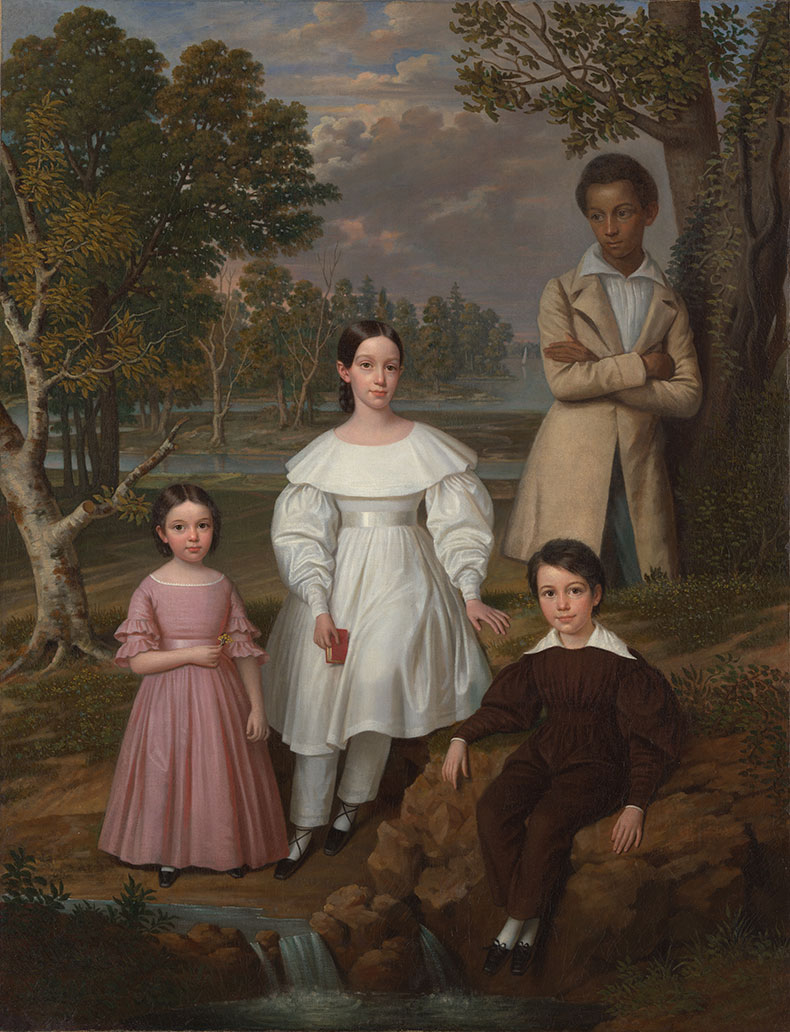
Bélizaire and the Frey Children (c. 1837), Jacques Guillaume Lucien Amans. Metropolitan Museum of Art, New York
Minneapolis Institute of Art
The Venerable Miguel Gerónimo Carmelo (1628–30), Francisco de Zurbarán
Recently rediscovered, The Venerable Miguel Gerónimo Carmelo (1628–30) depicts Friar Carmelo in a moment of contemplation as he experiences a vision of the Immaculate Virgin Mary. It was one of two commissioned works Zurbarán created for a monastery in Seville. Both paintings originally hung in the Sala de Profundis, the room where deceased monks were prepared for burial, but were seized during the Napoleonic Wars.
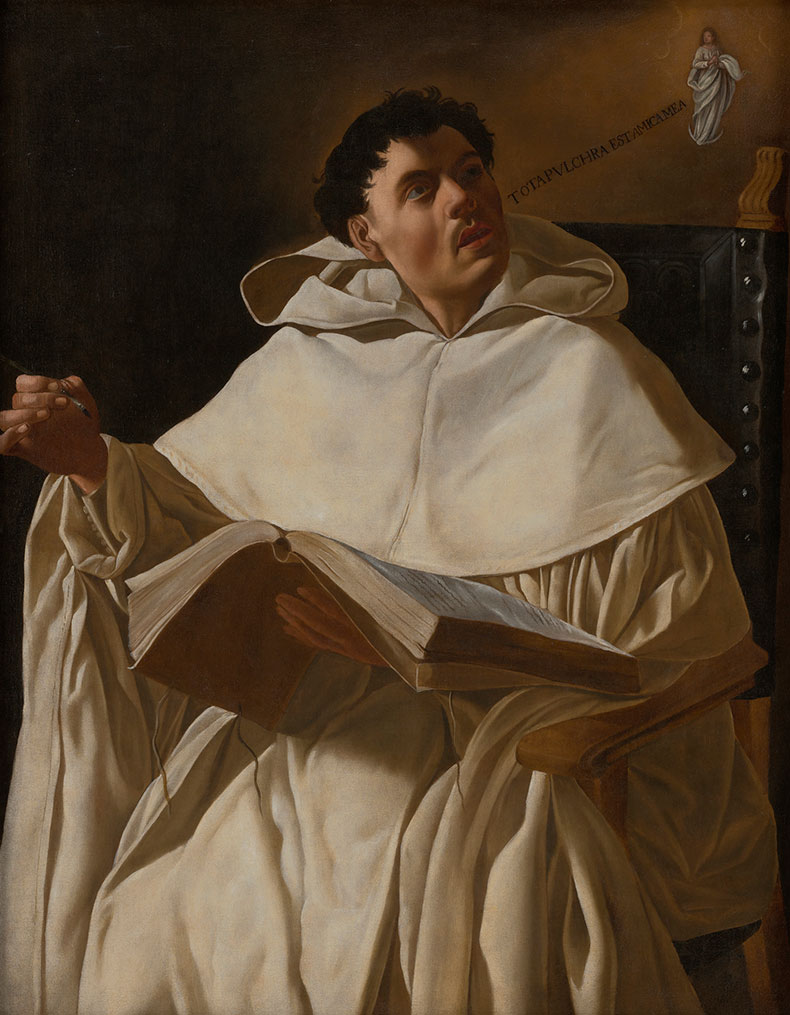
The Venerable Miguel Gerónimo Carmelo (1628–30), Francisco de Zurbarán. Minneapolis Institute of Art
ANU – Museum of the Jewish People, Tel Aviv
Codex Sassoon (c. 900)
The Codex Sassoon – named after the bibliophile David Solomon Sassoon, who acquired it in 1929 – is believed to be the oldest and most complete Hebrew bible in existence, containing all 24 books and missing only 12 leaves. It is significant for the annotations that run throughout the text known as the Masorah – a strand of scholarly biblical commentary and interpretation that was key in transmitting a standardised version of the text.

Codex Sassoon (c. 900). Courtesy Sotheby’s
Rijksmuseum, Amsterdam
Engraved gold ruby glass goblet (c. 1685–90), Johann Kunckel, engraving attributed to Gottfried Spiller
This gold ruby glass is the result of experiments by the German inventor and alchemist Johann Kunckel carried out during his time at the royal court of Frederick William, Elector of Brandenburg and Duke of Prussia. Glasses such as these were desirable not only for their deep red colour, but also for the magical properties attributed to gold and ruby at the time.

Engraved gold ruby glass goblet (c. 1685–90), Johann Kunckel, engraving attributed to Gottfried Spiller. Rijksmuseum, Amsterdam
Victoria and Albert Museum, London
Archive of David Bowie
Some 80,000 items from Bowie’s archives have been acquired by the V&A, which is creating a David Bowie Centre for the Study of Performing Arts at the new V&A East, slated to open in 2025. The collection ranges from the original costumes for Bowie’s numerous stage personas such as Ziggy Stardust and the Thin White Duke to photographs, films, set design, sheet music, handwritten lyrics and intimate notebooks.
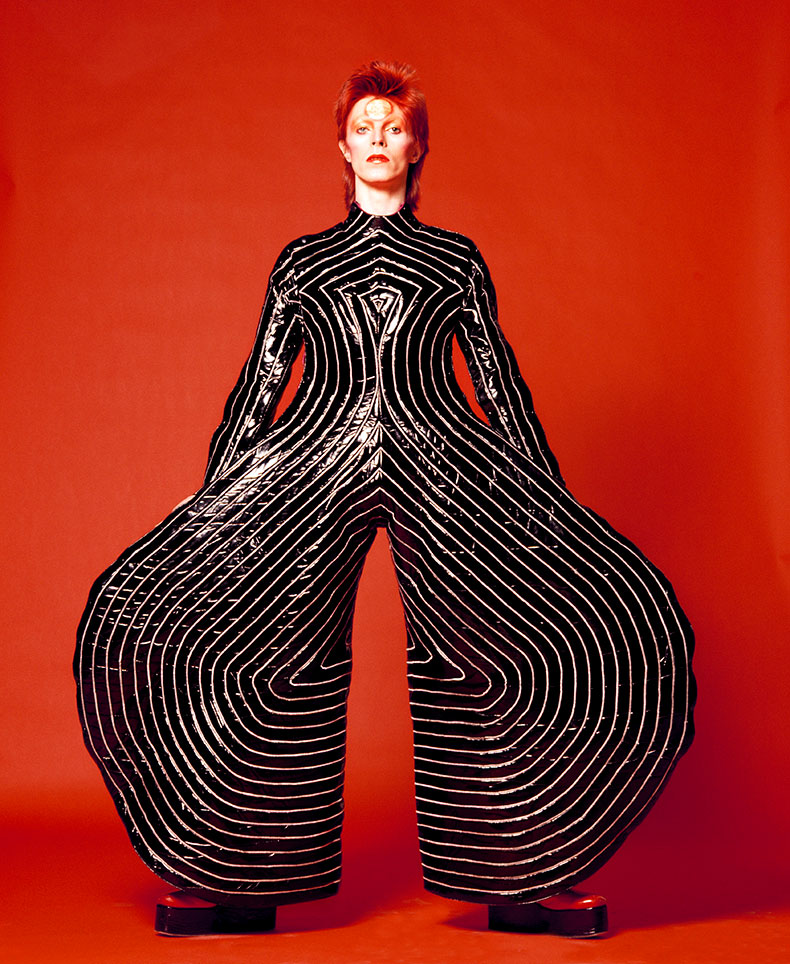
Striped bodysuit for Aladdin Sane tour, 1973. Design by Kansai Yamamoto. Photo: Masayoshi Sukita; © Sukita and The David Bowie Archive
The Shortlists | Artist of the Year | Museum Opening of the Year | Exhibition of the Year | Digital Innovation of the Year | Book of the Year







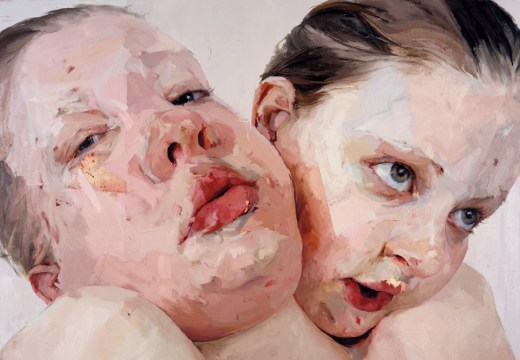



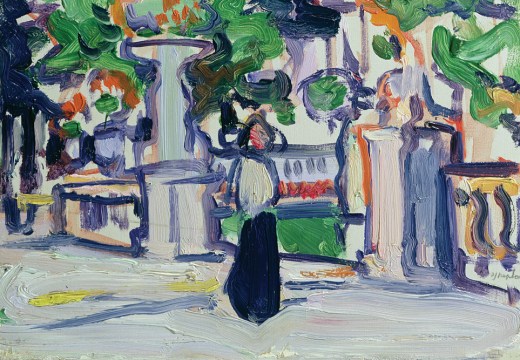

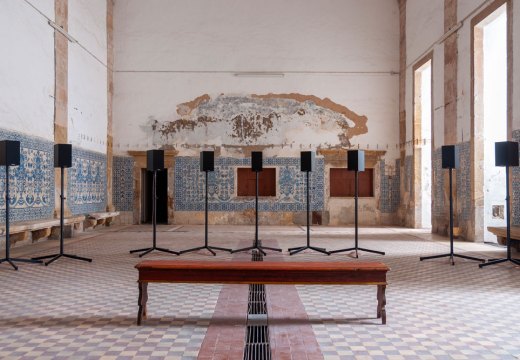

![Masterpiece [Re]discovery 2022. Photo: Ben Fisher Photography, courtesy of Masterpiece London](https://apollo-magazine.com/wp-content/uploads/2022/07/MPL2022_4263.jpg)
‘A revolutionary flame burned bright within him’: David Bindman (1940–2025)